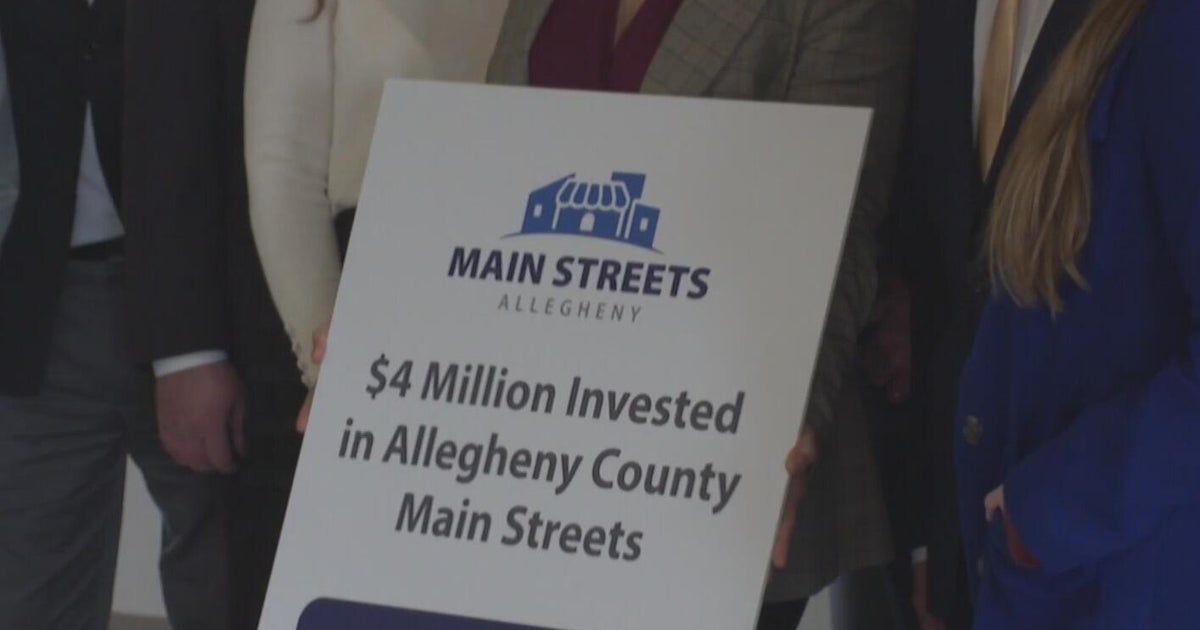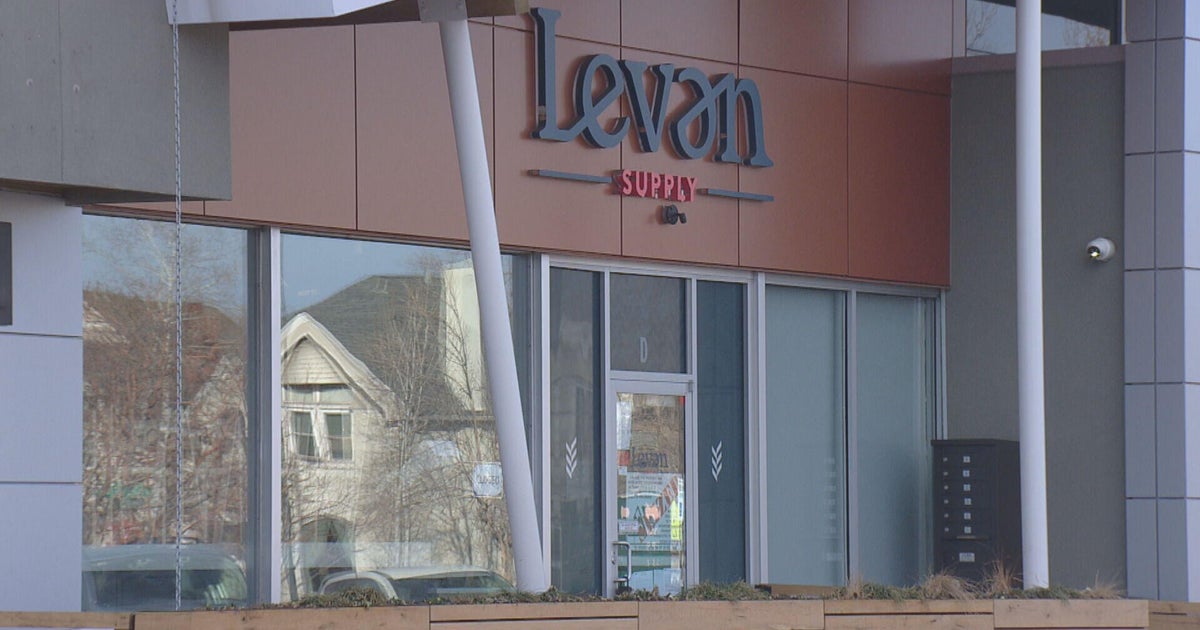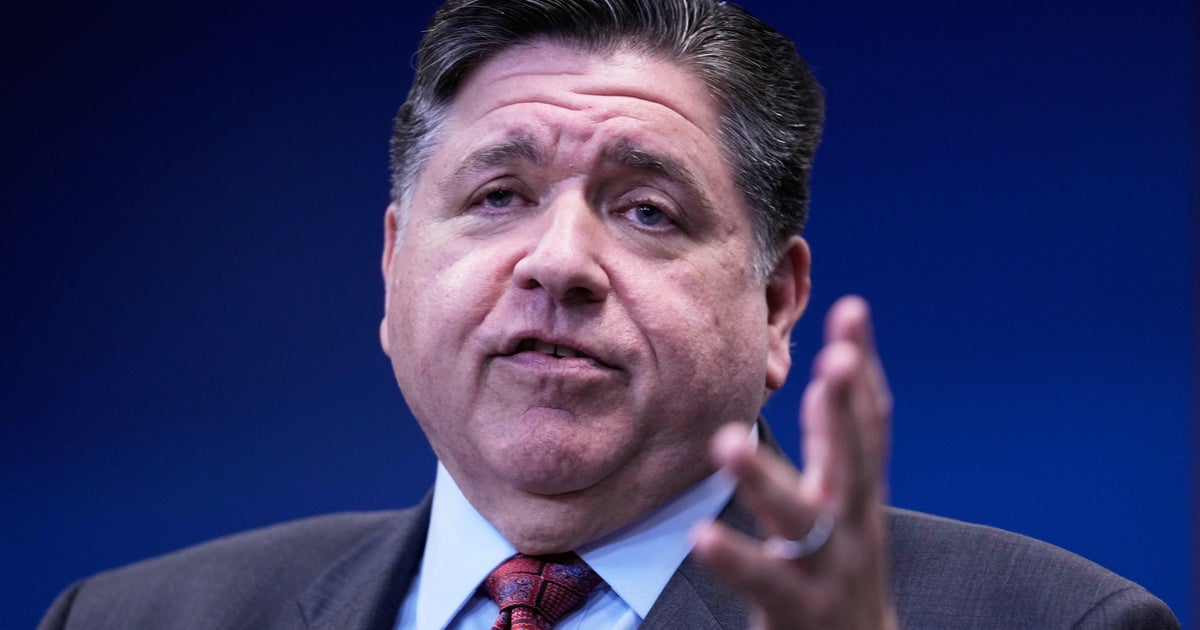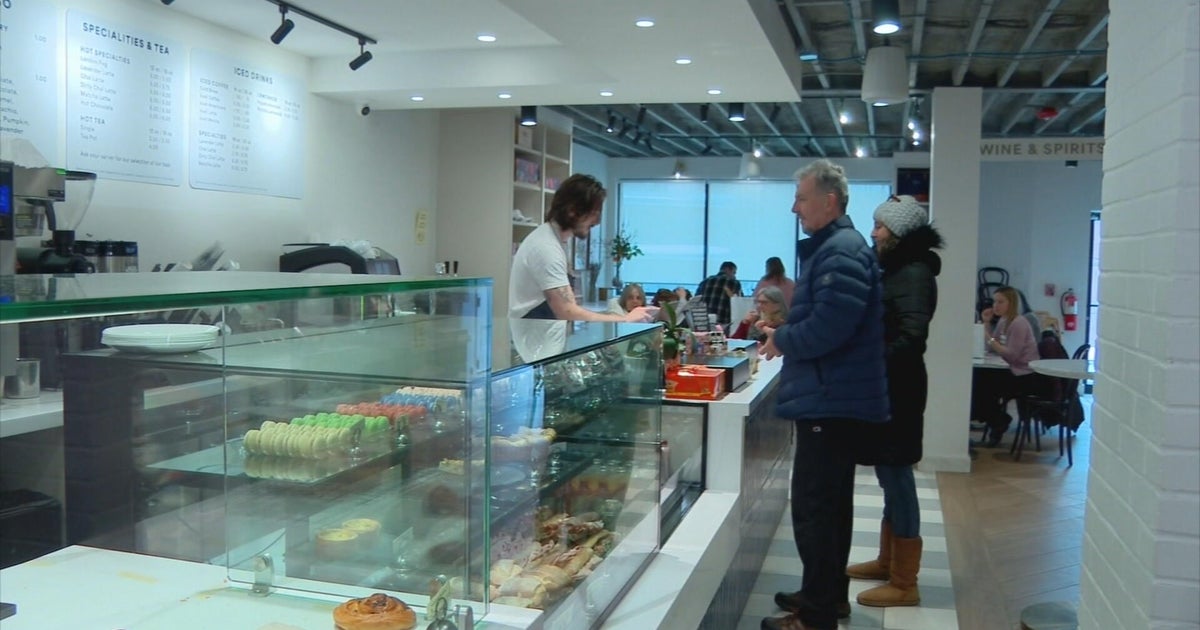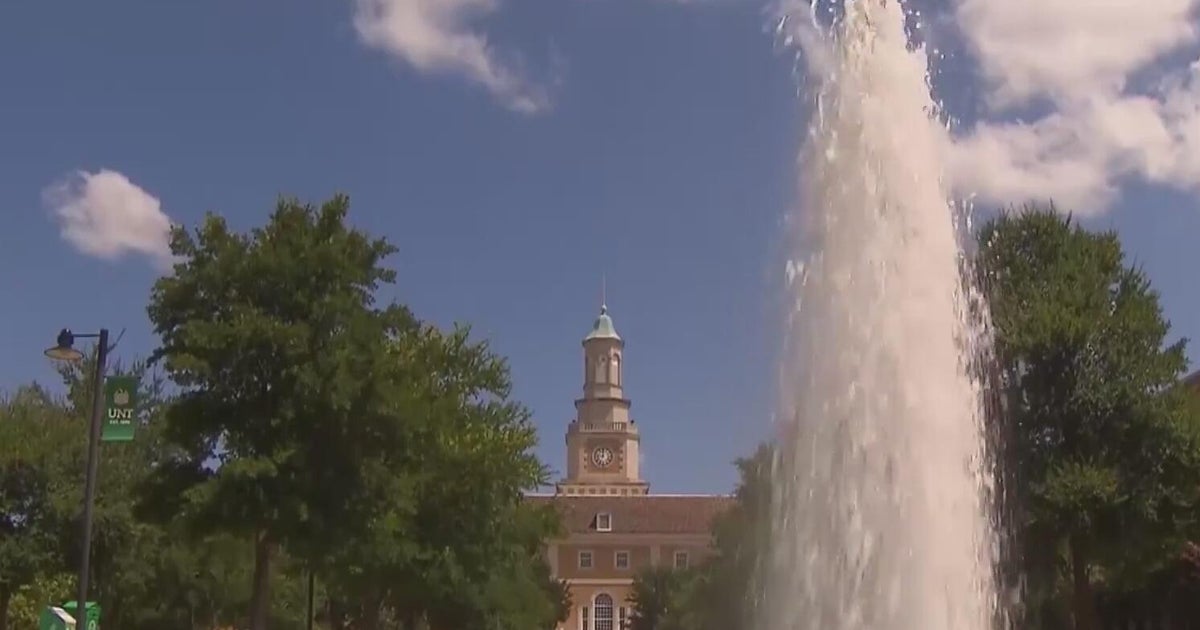Millionaire's Tax to cover tuition for 25,000 Massachusetts college students
BOSTON - The voter-approved "Millionaire's Tax" in Massachusetts will cover tuition for about 25,000 students at state universities and community colleges, Gov. Maura Healey announced Wednesday.
The surtax on those with an annual income over $1 million will add $62 million to the MASSGrant Plus program. The expanded program will pay for tuition and fees for Pell Grant-eligible students, as well as books and supply costs. Room and board is not covered under the program.
The majority of Pell Grant recipients usually have family incomes below $40,000. About one-third of University of Massachusetts students would qualify.
"This expansion of MASSGrant Plus will open doors for more students to access higher education, which will strengthen our economy as a whole," Healey said in a statement. "We're grateful to our Legislative partners for making this funding available and look forward to our continued collaboration to make Massachusetts more affordable."
Full-time college students from families who earn between $73,000 and $100,000 "will have their costs for tuition and mandatory instructional fees reduced by up to half of their out-of-pocket expenses," the state says.
The new program will be retroactive to the start of the Fall 2023 semester - students will see funds credited to their account if they already completed the FAFSA for this year.
Money from the program will also go toward helping undocumented high school students in Massachusetts access in-state tuition rates.
Salem State University president John Keenan called the initiative a game changer and "simply historic."
"I know at Salem State University, 40% of our students are Pell Eligible and hundreds of our students are considered as being from middle income families," he said. "This unprecedented investment will allow more of the Commonwealth's students to pursue their dreams of a college education."
Revenue from the Millionaire's Tax accounts for $1 billion of the state's $56 billion fiscal budget for this year. Over $500 million is being used on education, including free lunch for public school students. The rest is being used to fund transportation, including work on bridges and mass transportation.

